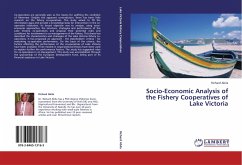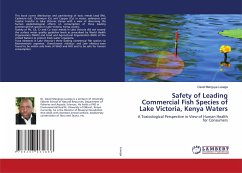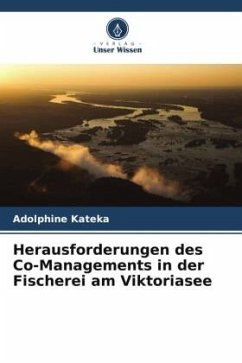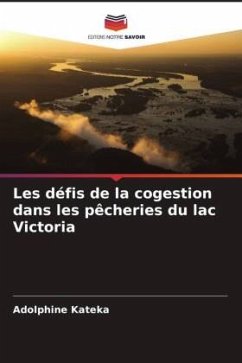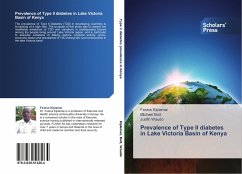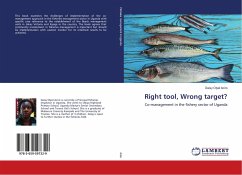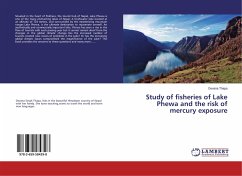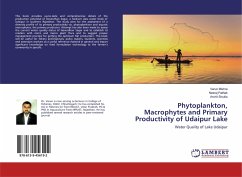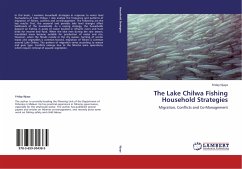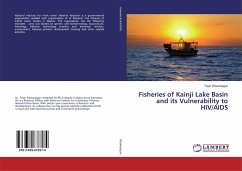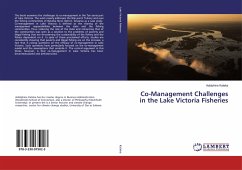
Co-Management Challenges in the Lake Victoria Fisheries
Versandkostenfrei!
Versandfertig in 6-10 Tagen
55,99 €
inkl. MwSt.

PAYBACK Punkte
28 °P sammeln!
This book examines the challenges to co-management in the Tan-zania part of Lake Victoria. The work mainly addresses the Nile perch fi-shery and uses the fishing communities of Bukoba Rural district, Tanzania as a case study. Co-management in Lake Victoria is defined as the sharing of the management responsibilities between the state and the fishing communities. Thus, reducing the role of the state and enhancing that of the communities was seen as a solution to the problems of poverty and illegal fishing that are threatening the sustainability of the fishery and the fishers dependent on it. In...
This book examines the challenges to co-management in the Tan-zania part of Lake Victoria. The work mainly addresses the Nile perch fi-shery and uses the fishing communities of Bukoba Rural district, Tanzania as a case study. Co-management in Lake Victoria is defined as the sharing of the management responsibilities between the state and the fishing communities. Thus, reducing the role of the state and enhancing that of the communities was seen as a solution to the problems of poverty and illegal fishing that are threatening the sustainability of the fishery and the fishers dependent on it. In spite of these proclaimed efforts, studies are consistently showing that poverty and illegal fishing are on the increase, a fact that is raising questions on the efficacy of co-management in Lake Victoria. Such questions have particularly focused on the co-management model and the assumptions that underlie it. The central argument in this thesis, however, is that co-management in Lake Victoria has been decontextualized and dehistoricized.



